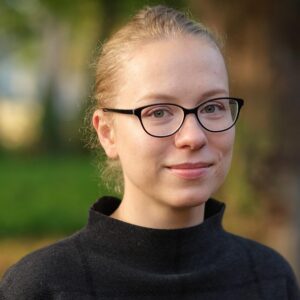Flash fiction winner
I am gulping down my coffee. It went cold sitting by my elbow, while I was sorting through heaps of printed reports. Actually, I receive all reports digitally through our AI-powered system, Vigilia. It flags all risky instances and rejects all reports with more than three flags. So, I do not need to print anything. I still do, though, since I prefer reading what is left without Vigilia’s interference. I am old-fashioned, perhaps.
In our largest meeting room, a stack of reports I picked makes a thud, landing in front of the Committee members. They all are there, bleary-eyed. We’ve been stretched to the limit since the University announced the termination of licenses for all researchers who could not prove indubitably that their human subject research is risk-free. Yet, we must proceed. Enough damage has been done by researchers who scamper around, poking into conflicts, grey areas, and private spaces. They land the University into media controversies and attract inquiries from control agencies. Now we, as a Research Ethics Committee, received a mandate to protect the University’s reputation and weed them out.
“Good news!” I announce as an opening. “You remember the team of ethnographers whose licenses we revoked?” The secretary clarifies, “The ones who neglected full data anonymization?” “Yes,” I confirm, “Instead they followed their research participants’ preferences on the degree of anonymity, as if participants can assess all risks involved. Anyways, our signal about them proceeding with research without licenses was received and this morning arrests were made.”
Author biography
Situated on the intersection of science and technology studies and global health, Olga Zvonareva’s research focuses on public engagement in health and biomedical knowledge production. Her primary research line concerns relations between scientific knowledge, technologies, and politics. Politics are found not only in parliaments and election practices, but also in doctors’ offices, R&D laboratories, and public health interventions. Due to the profound impacts of health technologies on how we live our lives and how our society functions, it is of crucial importance to study not only how exactly these impacts come about but also how citizens (can) participate in shaping them. She is especially invested in studying instances of participating in situations when members of the public are discouraged from doing so.
https://www.inpart-project.com/
